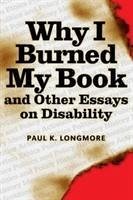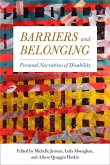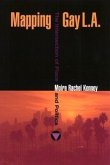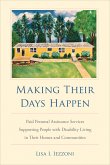This wide-ranging book shows why Paul Longmore is one of the most respected figures in disability studies today. Understanding disability as a major variety of human experience, he urges us to establish it as a category of social, political, and historical analysis in much the same way that race, gender, and class already have been. The essays here search for the often hidden pattern of systemic prejudice and probe into the institutionalized discrimination that affects the one in five Americans with disabilities.Whether writing about the social critic Randolph Bourne, contemporary political activists, or media representations of people with disabilities, Longmore demonstrates that the search for heroes is a key part of the continuing struggle of disabled people to gain a voice and to shape their destinies. His essays on bioethics and public policy examine the conflict of agendas between disability rights activists and non-disabled policy makers, healthcare professionals, euthanasia advocates, and corporate medical bureaucracies. The title essay, which concludes the book, demonstrates the necessity of activism for any disabled person who wants access to the American dream.








